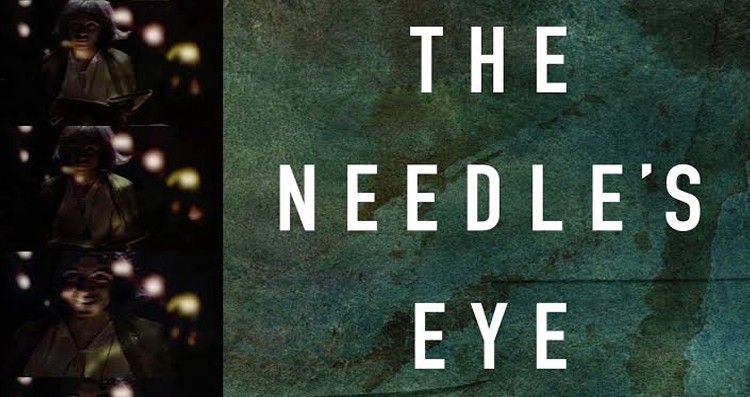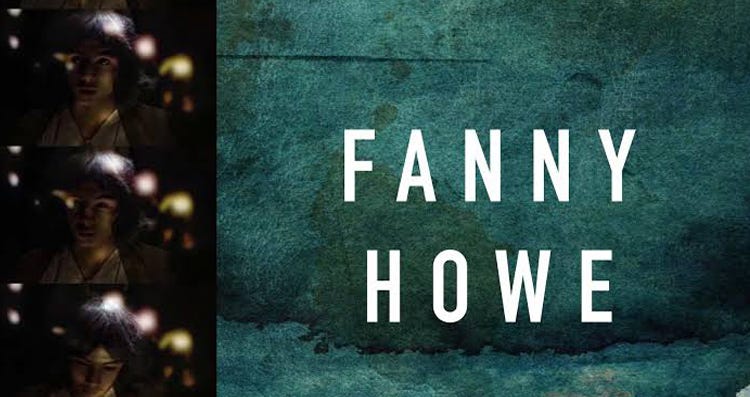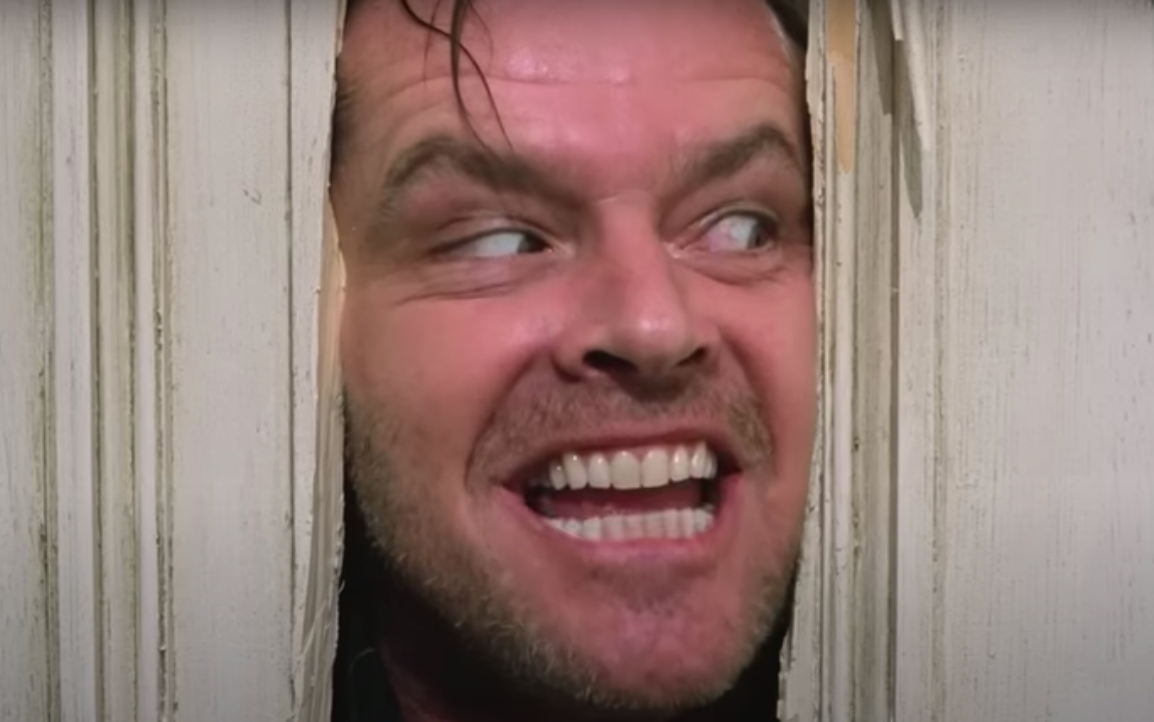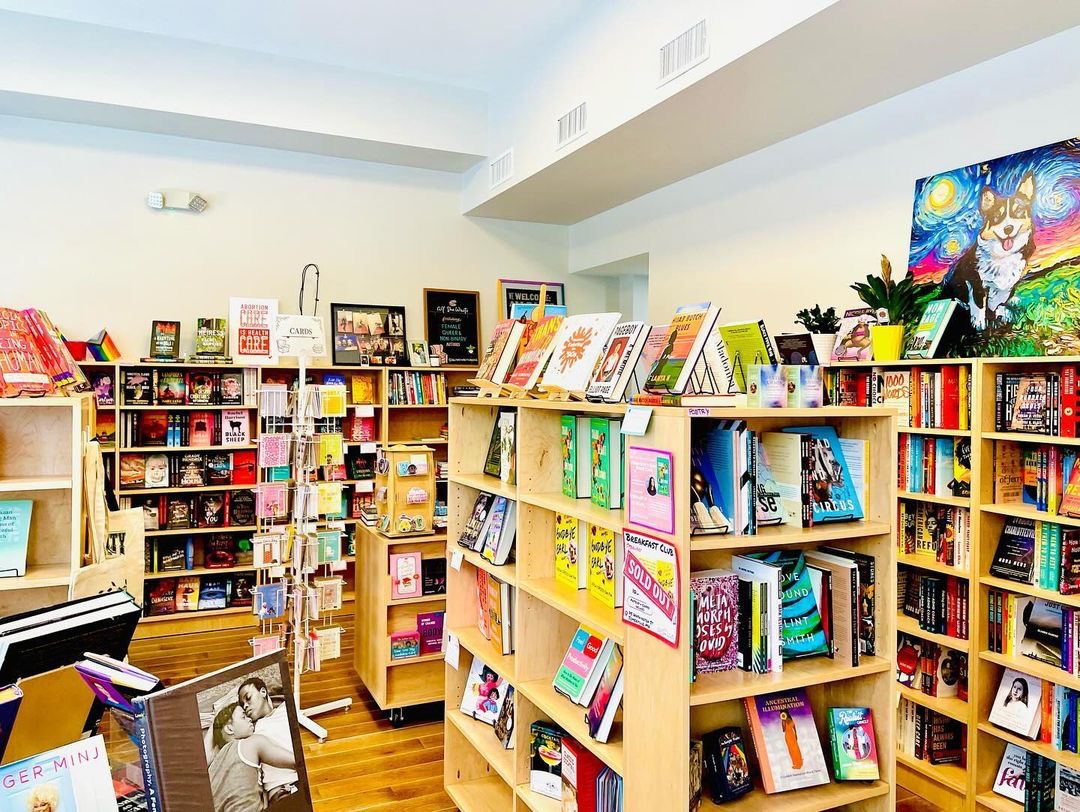Books & Culture
On Being and Becoming
Fanny Howe’s latest, The Needle’s Eye, is a category-blurring journey of one’s passage through youth

Fanny Howe’s books do not come easily categorized. Often noted for her several books of poetry and — that encompassing term — “prose,” Howe’s new book, The Needle’s Eye, is classified as “essays/poetry.” Typical to Howe, the latest book upends these loose categories, featuring short nonfiction, lyric essay, prose poem, and narrative.
The Needle’s Eye is simultaneously cerebral and lyrical, and, often, individual pieces display both sides, combining a lyric rhythm and well-drawn images with factual analysis. “Kristeva and Me,” a seemingly traditional nonfiction essay that weaves more and more lyricism in as it goes on, becomes a study on philosopher-psychoanalyst Julia Kristeva and on the adolescent psyche — something Howe pieces together throughout the book. “Kristeva and Me” takes this to the next level, with the inclusion of Boston marathon bomber Dzhokhar Tsarnaev, whom Howe seems to be trying to understand in some way — not his actions, but his youth.
Throughout this book, adolescence is almost scientifically studied (made initially clear by its subtitle, “Passing through Youth”). Howe explores young people in prisons, and even St. Francis of Assisi in his rebellious youth in the piece “In Prism.” In it, Howe writes, “Francis was an idealistic teenager, an iconic candidate for today’s teenage gangs and jihadis.”
Howe’s well-considered work looks at the world’s handling of teenagers — boys, especially — but not only their incarceration. “The Nymphs without Names” begins, “In ancient Greece young boys…were gods of the wild mountainside… The Greeks understood that some boys were like hurricanes frenziedly dancing and destroying.” Rather than explaining away encouraged violence, Howe probes it, glancing through various cultures. She refuses to look away. The piece ends, “For now, they are ordinary boys.”
In “Absence” she explores the Children’s Crusade, questioning whether it was much different than other crusades — in goals, in action. “The righteousness of childhood was theirs to act upon,” Howe writes. “They knew they could do way better than the grown-ups in creating a safe and verdant land.” Perhaps she’s right. Most of us say this about children. But — “They fell into the sea or society and disappeared,” Howe writes, some equation of the sea and society that may be less metaphor than it appears.
The collection’s title, The Needle’s Eye, is suggested in the piece “Like Grown-Ups” as a “view of the world as seen by a single individual.” Howe writes, perfectly, “Remember how you lift the silver needle to the light to see all the way through the eye and out the other side. The eye is shaped like an eye.” It’s almost as though this book is shaped like an eye, some vessel out of which a partial understanding comes, while acknowledging its own failures to really understand, to really see.
But that title also comes from the book’s epigraph, from W.B. Yeats:
“All the stream that’s roaring by / Came out of a needle’s eye; / Things unborn, things that are gone, / From needle’s eye still goad it on.”
This initially seems the opposite of Howe’s claim that the needle’s eye is simply an individual view of the world, part of a whole. But she asks here: What can we see of that? What does that tell us about the whole?

The Needle’s Eye is perfectly contained — everything as viewed through the tiniest opening. But it calls itself a small opening. It keeps asking. It replies with more questions. It goes back to its own beginnings.









